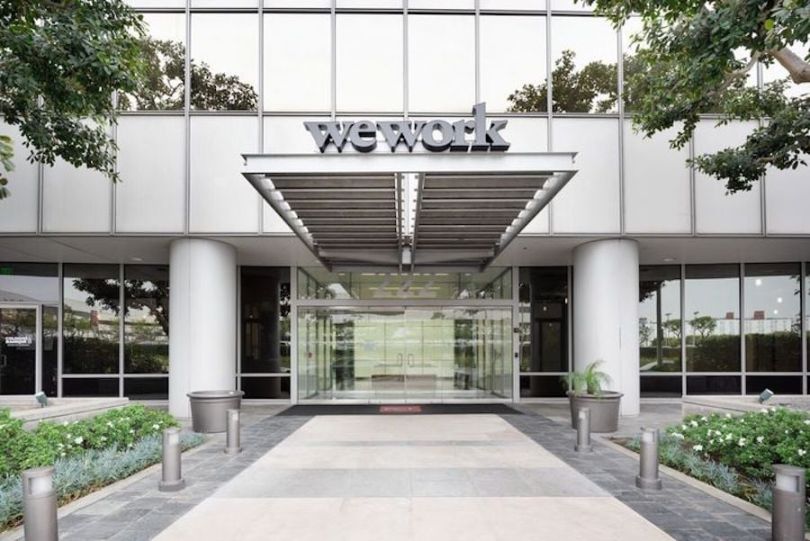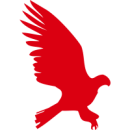Gone are the days of managers addressing burnout with a pat on the back and a promise to eventually lighten the load.
The workforce is asking for tangible help — in a recent Indeed survey, 59 percent of millennials and 58 percent of Generation Z respondents reported currently experiencing burnout — and employers are listening. While it’s up to the company to provide a broad range of physical and mental wellness resources for employees to take advantage of, it’s the job of individual managers to identify burnout among direct reports and do something about it.
But identification is just the first step.
A recent HBR study found that different types of burnout require different prescriptions. If someone is experiencing burnout due to cynicism, for example, taking a long nap — a proven boost for those suffering from physical exhaustion — might not be the smartest strategy. This is where the attention of managers like Phoebe Neuman, director of content at digital marketing consultancy Hawke Media, come into play.
“I’ve become much more intentional about dedicating time to interacting with my team and my colleagues.” she said. “Hawke’s leaders are constantly looking for ways to give employees and teams the grace they need to build a work-life balance that meets their unique needs and personalities.”
While the pandemic made her more aware of employees’ individual working styles and needs, it also gave her a personal sense of freedom she did not anticipate.
“The past year and a half has only proved how well the team is able to service their clients without the accountability of a physical space,” Neuman said. “I was able to move to a beach town I’ve been wanting to live in for years.”
The result? A more engaged and well-rounded team respectful of each other’s needs, time and strengths.


How has this last year and a half changed the way you work?
It’s definitely made me more intentional about the way I work and the habits that set me up to be my most engaged and productive self when I sit down at my desk. No more rolling into the office after rushing through my morning! A few of the things I’ve found really helpful are creating a morning routine that sets a positive tone for my day. I love to meditate and spend some time freewriting in the morning to get my creative juices flowing before I crack open my emails.
I’ve also become much more intentional about dedicating time to interacting with my team and my colleagues. I hate to add more meetings to anyone’s calendars, but 15 or 20 minutes to check in and have open and honest conversations with each other a few times a week is so important to feeling connected and collaborative.
Company core values
- Get shit done
- Learn quickly
- Be cool
How is Hawke Media specifically supporting employees through community care?
Hawke Media has worked hard to transition its fun-loving culture to a remote-first environment and has spent a lot of time thinking about ways to translate our company values into programs designed to support employees. Over the last year and a half, we’ve rolled out enhanced mental health benefits, given employees access to Peloton Digital and increased monetary contributions. Our leadership team has also made it a point to be as available as possible for quick video meetings and Slack interactions to try to mimic the support employees receive when dropping into someone’s physical office.
What has that looked like for you and your team?
My team has definitely taken advantage of these benefits, including the monthly stipend we receive to make our days working from home a little bit brighter. As a manager, I also care deeply about creating an open and accepting environment for my team, and I do whatever I can to ensure they know that my (virtual) door is always open.
How has Hawke Media accommodated employees who prefer to work remotely and those who miss the interpersonal interaction the office provided?
Hawke Media was one of the first companies I’m aware of that announced the permanent shift to remote work, and I think it has really allowed the company to spread its wings. Personally, I was able to move to a beach town I’ve been wanting to live in for years, and I think a lot of us have enjoyed not being tethered to one place. The company recently rolled out access to WeWork offices worldwide, which has been appreciated by everyone. It’s great to be able to decide when and if you want to work alongside others. It’s also allowed employees in different cities a chance to meet and interact with each other, which has been super fun to see.
What do you do to prevent burnout? How do you support your team when they experience it?
I think open and honest communication is key to preventing burnout. I’ve been really upfront with my supervisor about times that I’ve felt overwhelmed, and we’ve been able to troubleshoot together on how to make things feel easier. Personally, I find meditating in the mornings, blocking my calendar to prevent Zoom fatigue, and setting strong boundaries around being online (I try to be truly offline by 6 p.m. or so) goes such a long way.
I try to give this same support back to my team and encourage them to take breaks and mental health days when they need them. I also don’t expect anyone to be messaging me at off-hours and will actively tell people to sign off if they are.
What do you see the future of work looking like?
Hawke has always empowered employees to work in ways that best suit their individual styles, and I think the company will only continue to encourage that. Micromanagement is not a philosophy we adhere to, and the past year and a half has only proven how well the team is able to service their clients without the accountability of a physical space (or manager peeking over their shoulder!). I think we’ll continue to lean into this, and will give employees and teams the grace they need to build a work-life balance that meets their unique needs and personalities.






